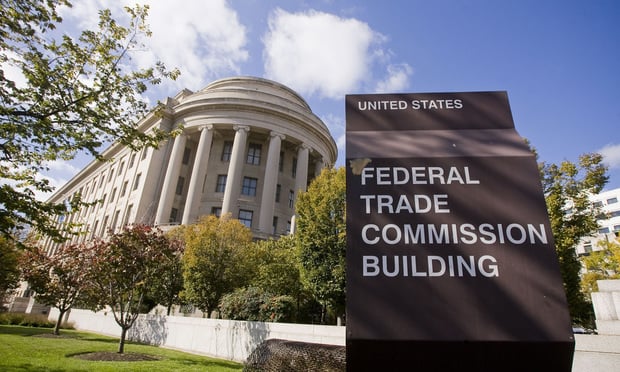 A former employee sued his employer under Title VII of the Civil Rights Act of 1964 after he was subjected to ongoing sexual harassment at the hands of a colleague, and his managers responded inadequately to reports of the harassment. The employee recovered significant compensatory damages. But the Fourth Circuit ruled that the employer was not liable for punitive damages. The decision emphasizes the high standard an employee must satisfy to hold an employer liable for punitive damages.
A former employee sued his employer under Title VII of the Civil Rights Act of 1964 after he was subjected to ongoing sexual harassment at the hands of a colleague, and his managers responded inadequately to reports of the harassment. The employee recovered significant compensatory damages. But the Fourth Circuit ruled that the employer was not liable for punitive damages. The decision emphasizes the high standard an employee must satisfy to hold an employer liable for punitive damages.
Title VII protects employees against sex discrimination, including sexual harassment, at the hands of employers. A plaintiff may recover compensatory damages for financial losses and other injuries suffered as a result of an employer’s Title VII violation. But punitive damages are not automatically available for Title VII violations. As the Fourth Circuit explained in Ward v. AutoZoners, a plaintiff may obtain punitive damages only if he shows not only intentional discrimination, but also malice or reckless indifference to the plaintiff’s legal rights. The plaintiff must also demonstrate a link between the discrimination and the employer, such as that the employer authorized or approved the conduct, or that a managerial employee committed the act while acting in the scope of her employment. The Ward decision shows the difficulty of surmounting these hurdles and obtaining punitive damages.









